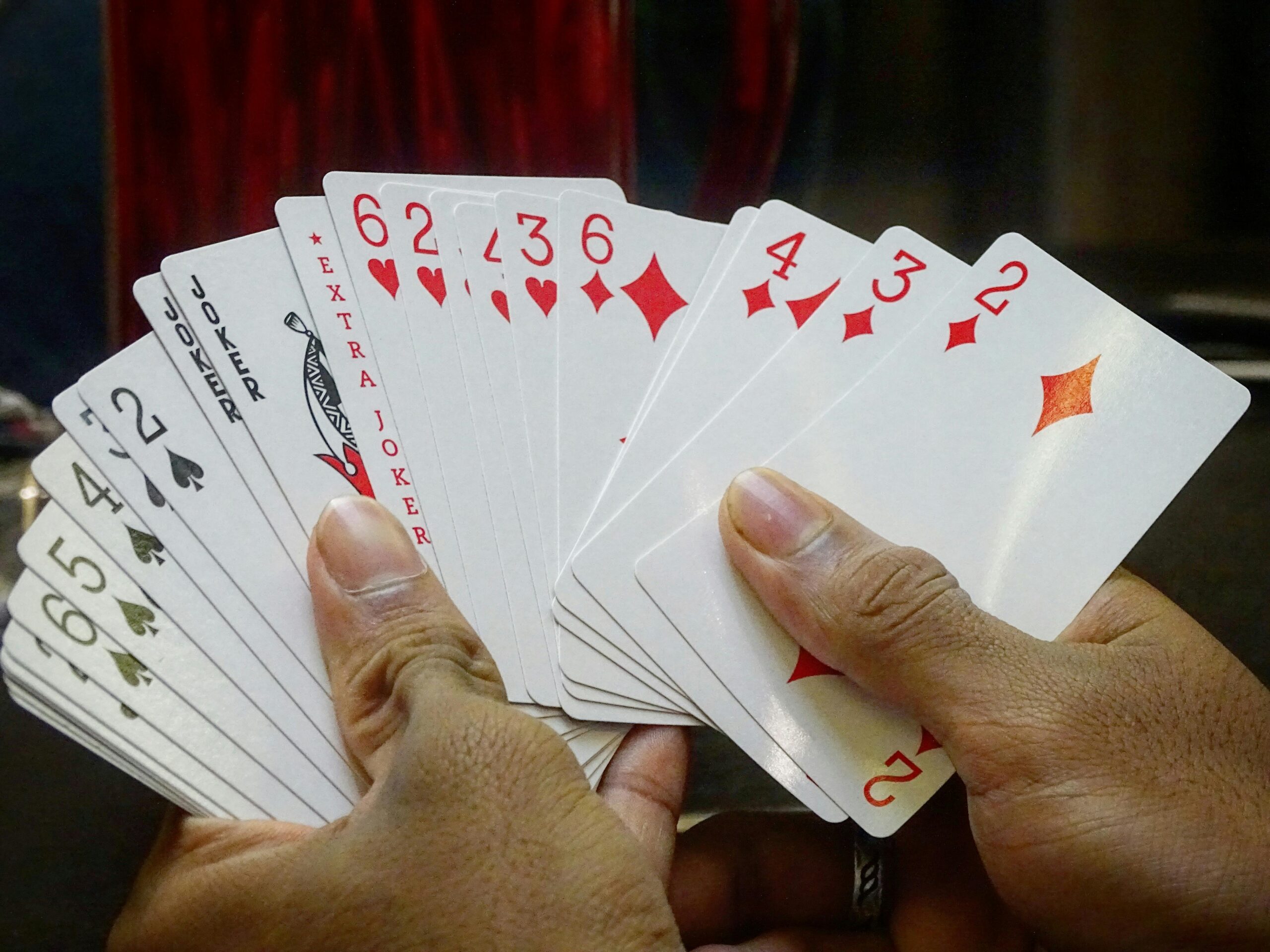Welcome to PlayCards.wiki, your ultimate guide to mastering the art of card games. Whether you’re a seasoned player aiming to refine your skills or a newcomer ready to venture into the exciting world of card games, understanding the underlying strategies is key to your success. This article delves into the strategic depths of card games, offering insights and tactics designed to elevate your gameplay and give you an edge over your opponents.
Fundamental Strategies Across All Card Games
While each card game has its unique set of rules and strategies, there are universal concepts that can significantly enhance your play across the board.
Know Your Game
Before diving into strategies, ensure you have a thorough understanding of the game’s rules, objectives, and scoring. Familiarize yourself with the game’s structure and nuances, as this knowledge forms the foundation of effective strategy.
Observation and Memory
A keen observer and a good memory are invaluable assets in card games. Pay attention to the cards played, strategies employed by opponents, and any patterns that emerge. Remembering which cards have been played can give you a strategic advantage, especially in games where knowing the remaining cards can influence your decisions.
Adaptability
Flexibility in your gameplay allows you to adjust your strategy based on the evolving dynamics of the game. Be prepared to change your tactics in response to your opponents’ actions or unforeseen circumstances in the game.
Risk Management
Understanding and managing risk is crucial. Assess the potential payoff of your actions against the likelihood of unfavorable outcomes. Knowing when to take calculated risks and when to play it safe can often dictate the flow and outcome of the game.
Advanced Strategies for Popular Card Games
Poker
- Bluffing: Master the art of deception by bluffing your way to victory. However, use this tactic sparingly and unpredictably to keep your opponents guessing.
- Pot Odds: Familiarize yourself with pot odds to make informed decisions about whether to call, raise, or fold based on the potential return on your bet.
Bridge
- Bidding Strategy: Use the bidding phase to communicate effectively with your partner and deduce information about the opponents’ hands.
- Counting Cards: Keep track of which cards have been played to anticipate opponents’ actions and control the flow of the game.
Rummy
- Melding Strategy: Hold onto high-value cards early on to prevent opponents from going out, but be ready to discard them as the game progresses to minimize points in case of a loss.
- Reading Opponents: Pay attention to the cards your opponents pick up or discard to gauge their strategy and adjust yours accordingly.
Conclusion
Card games are a blend of luck, skill, and strategy, with the latter often being the deciding factor in competitive play. By applying the universal and game-specific strategies outlined above, you’ll not only enhance your enjoyment of the game but also your odds of emerging victorious. Remember, the key to mastering any card game is practice, observation, and continuous learning. Embrace the challenge, refine your strategies, and let PlayCards.wiki be your companion on this thrilling journey through the world of card games.

